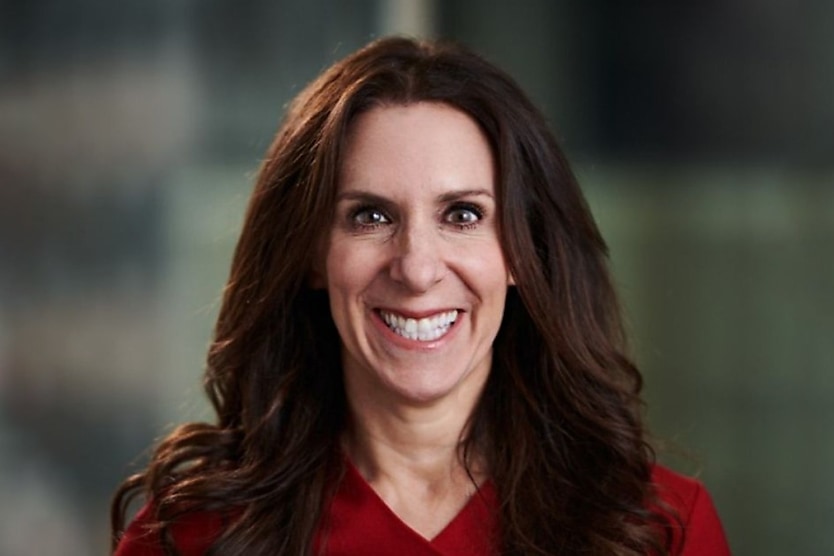
As transformative technologies grow and evolve, workplaces become even more vulnerable to bad actors attempting to access sensitive data.
HR Leader recently spoke to Amy Reichanadter, chief people officer at Databricks, about the top concerns facing HR leaders throughout the contemporary Aussie workplace. Reichanadter placed data security at the very top of the list.
“Data security is now front and centre for HR leaders. Today, more than ever before, we’re dealing with large volumes of sensitive data, which means the risks are higher, and so is the need to be increasingly vigilant about data security,” Reichanadter said.
“This means working closely with our security teams and continuously evaluating our security measures. The positive side of new and emerging technologies is that it pushes us to be more proactive and rigorous in this area.
“In the context of AI and data being at the forefront of the people space, we also need to be agile in attracting and retaining talent with these in-demand capabilities. HR has to work harder than ever before to ensure we are at the centre of the AI revolution, developing these skill sets within our teams, and providing compelling career growth opportunities in this space.”
Along with the concerns that Reichanadter touched on, there is still a consensus among employees that AI poses an imminent threat to their jobs. Reichanadter and Databricks look upon this notion in a different manner.
“AI has the potential to automate some of the more repetitive, administrative tasks, and that actually frees up time for employees to focus on initiatives that are strategic and directly improve the employee experience. So, in many ways, AI isn’t replacing jobs; it’s giving everyone the opportunity to create more impactful and meaningful work,” Reichanadter said.
In terms of what chief HR officers (CHROs) themselves can do to adapt their strategies to modern-day threats, Reichanadter explained that abandoning human ingenuity for AI is not an option.
“We’re adapting our strategies by focusing on efficiency without losing the human touch. AI has really helped us streamline many administrative tasks – from helping to write job descriptions to answering basic employee questions,” Reichanadter said.
“These are examples of areas where AI can bring greater efficiency, but it doesn’t take away from the personal aspects of the job. We still need to make important connections with candidates and employees, understand their needs, and see how they align with the opportunities we offer.
“By using AI to handle some of the more routine tasks, we free up time to build stronger personal and cultural connections, both with our internal teams and with potential talent.”
Reichanadter also believes that increasing AI literacy right across the organisation can have a direct impact on business outcomes.
“We’re also focusing on improving AI literacy across the board. It’s not just about implementing AI tools but about making sure everyone understands how AI can support them in their roles, no matter what function they’re in. AI has a place in all levels of HR, and it’s our job to ensure it enhances our work while maintaining the human-centric approach that is the art of the HR function,” Reichanadter said.
Kace O'Neill
Kace O'Neill is a Graduate Journalist for HR Leader. Kace studied Media Communications and Maori studies at the University of Otago, he has a passion for sports and storytelling.










